
Publisher:
Bonnie King
CONTACT:
Newsroom@Salem-news.com
Advertising:
Adsales@Salem-news.com

~Truth~
~Justice~
~Peace~
TJP
Mar-28-2013 11:56

 TweetFollow @OregonNews
TweetFollow @OregonNews
Chavez' Singular Legacy
Ron Ridenour Salem-News.comA unique feature of Chavez’ character was to learn from the people, who guided him to become a great teacher.
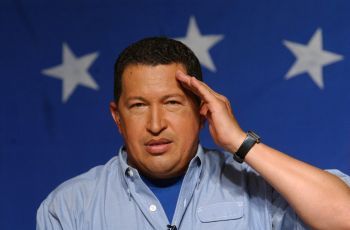 President Hugo Chavez of Venezuela |
(GENEVA) - One of the greatest contributions Hugo Chavez Frias made to contemporary history was to activate participatory democracy. His concept, what he called the Bolivarian Revolution, was to combine structures of the state and parallel communal councils, alongside the Bolivarian social missions that improve the lives of the great mass of Venezuelans.
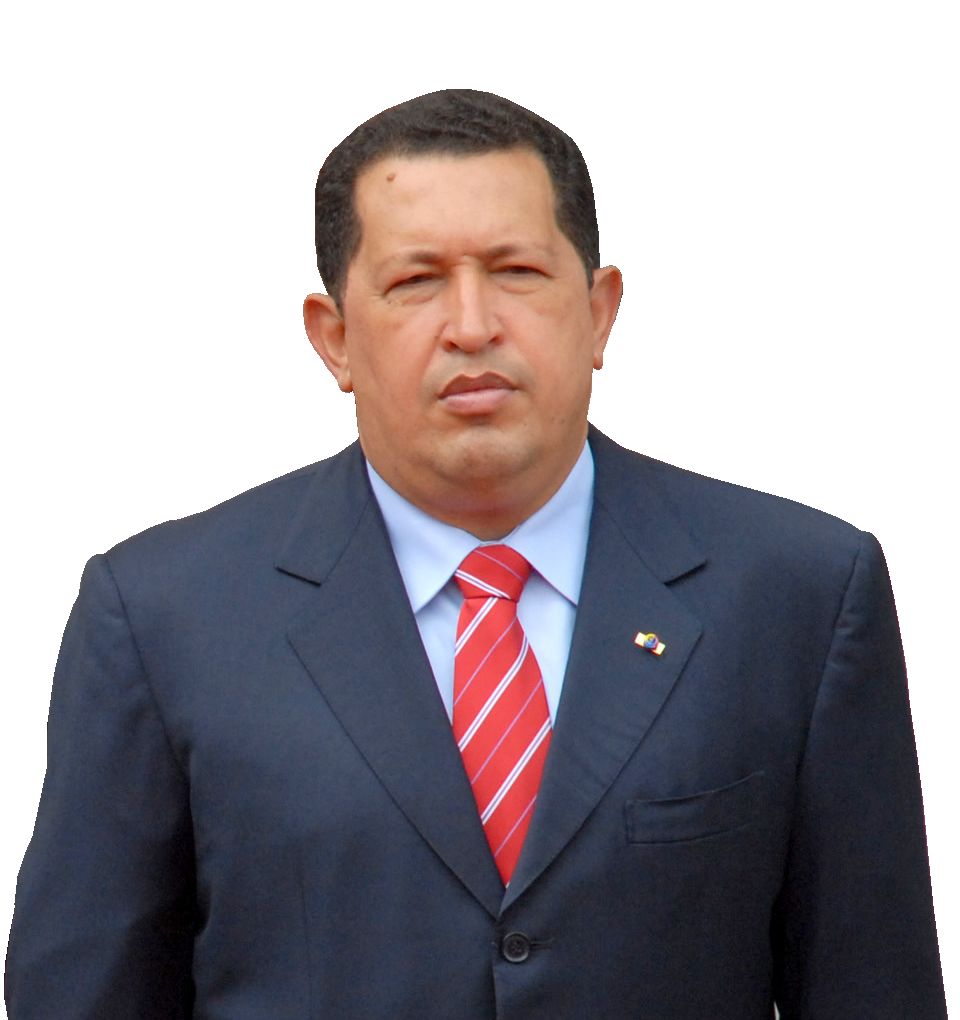 |
A key issue for those desiring profound social transformations, or revolutions, is whether to collaborate with state institutions. Commandante Hugo Chavez’ notion of “top down” and “bottom up” political structures was essential for his vision of creating 21st socialism. That required left forces to rethink their understanding of socialism and revolution.
The party that he led, PSUV (United Socialist Party of Venezuela), created just five years ago, has seven million members, around half the number of Venezuelans 18 years and older. The PSUV allows divergent tendencies, ranging from social democrats, nationalists, environmentalists, socialists, Trotskyite, and communists. Some anarchists also participate. This popular notion of democracy is something that the traditional Communist and Trotskyite parties have always rejected.
Chavez’ government nationalized the oil industry, putting greater profits in the state coffers, which finance the 14 missions (social welfare, healthcare, education, social justice, rural development, land reform, indigenous rights, militia, food and nutrition, and more). Half the state budget goes to social investment. The state also sells oil to friendly “third world” nations at well below market value. In addition, tens of millions of Latin Americans and even two million poor US residents receive free heating.
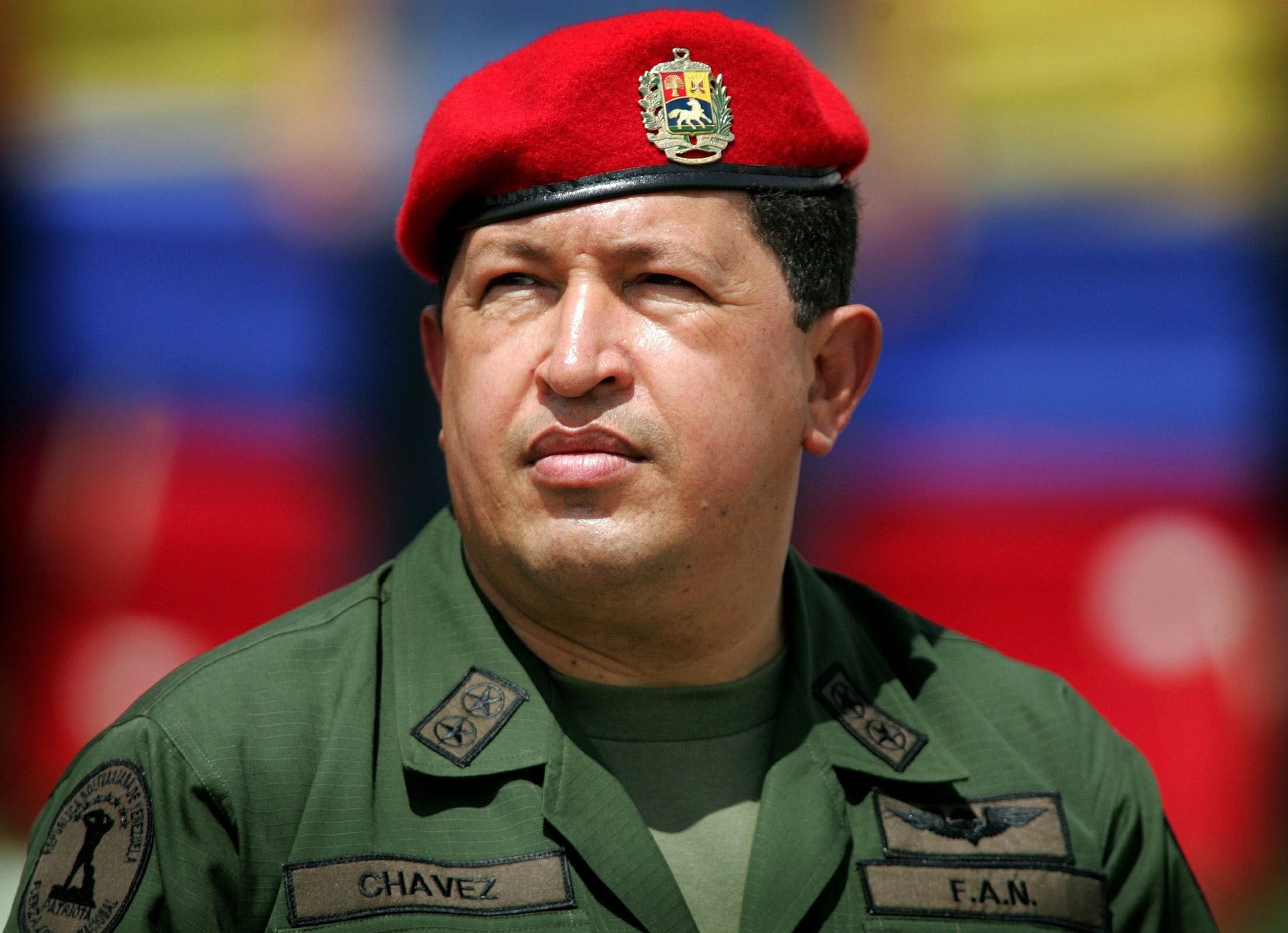 |
Cuba gets 100,000 barrels of oil daily (more than half its consumption) in exchange for tens of thousands of physicians-nurses, teachers, sports trainers, many types of skilled professionals, and military and intelligence advisors. This is something that Henrique Capriles—the presidential campaign opponent to the transitional president, Vice President Nicolas Maduro—would stop.
Fidel Castro, Cuba’s long-time leader, was Chavez’ main teacher. They combined forces to begin an alternative intra-national alliance in Latin America. In 2004, they launched ALBA (Bolivarian Alliance for the Peoples of Our America), which seeks social, political and economic integration.
Other member nations are: Antigua and Barbuda, Bolivia, Dominica, Ecuador, Nicaragua, Saint Vincent and Grenadines. Suriname and Saint Lucia are guest countries. Honduras’ President Manuel Zelaya joined in 2008. This was a key reason why the right-wing, led by generals loyal to the US, overthrew him in a coup and the illegal government withdrew from ALBA.
The progressive alliance has its own currency, the Sucre. Many projects for social welfare and national development are partially financed by Venezuelan oil. That places this nation as the most generous in the world with its natural resources.
The Bolivarian process began not as a socialist revolution, but as an anti-neo-liberal movement that became increasingly radicalized after the US-backed coup, in 2002, against the then rather social democratic nationalist Chavez. His goal then became to inspire a gradual revolution not based on armed struggle, but to eventually overcome the bourgeois state by building a strong parallel communal council.
When the national bourgeoisie and its Western imperial allies propagandize that Chavez was a tyrant and dictator, they were projecting their own roles in history not his. Chavez was, in fact, their opposite. He may have been a Don Quixote revolutionary but he was what the masses of poor people have long desired, and that makes him a true democrat.
During Chavez’ 14 year-long presidency, he conducted 15 national elections and referendums, winning all but one referendum. In his fourth presidential election last year, he took 55% of the vote with many political parties in opposition. His party won 20 of 23 governorships.
A unique feature of Chavez’ character was to learn from the people, who guided him to become a great teacher. He drew so much from their overwhelming active opposition to the military coup against him that he could take the majority of people with him toward a humanitarian socialism.
No revolutionary process, violent or peaceful, is without contradictions. Building parallel power structures is wrought with them. There are the risks of the budding people’s power entities being co-opted by the entrenched state bureaucracies; risks of paternalism; clashes between centralism and self-management. But there is great progress, including self-management in many job centers taken over by the workers.
Chavez was caught in between the two-track approach. Born into a poor family, he understood the need for true democracy. Then rising in the ranks of the military and becoming the top state leader, he knew the necessity of performing as a diplomat. He felt forced to make unpleasant and even contradictory choices.
For instance, he came to challenge and even injure the Colombian guerrilla movement, FARC (Revolutionary Armed Forces of Colombia). He believed, in the end, that it could not gain victory and had to transform into a political force. FARC had tried that and it resulted in thousands of murdered members. FARC again feels at risk of being mowed down by the US-friendly government of Colombia.
Recently, Chavez had a number of Colombian guerrilla leaders, and a radical Colombian journalist with Swedish citizenship, arrested. They were handed over to the right-wing regime of President Juan Manuel Santos. This act is against the new Venezuelan constitution that Chavez introduced, and opposes all notion of solidarity. It was an act of real politic.
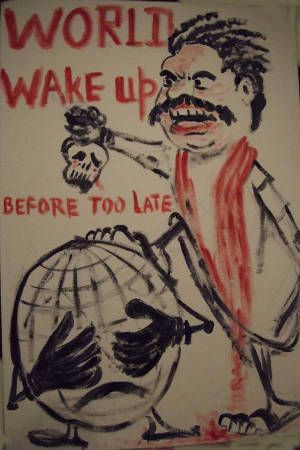 |
Another moral error was in politically embracing the brutal, reactionary Sinhalese government of Sri Lanka, thus leaving his natural allies, the Tamil minority, to continue to suffer murder, torture, rape, discrimination by law: genocide. He, like Cuba and the rest of ALBA, felt compelled to play the geo-political game.
Another dilemma is whether the gradual, non-violent process to create socialism—a good and egalitarian life for all, which requires the elimination of the capitalist economic system—is formidable enough to win over the violent power embedded in capitalism and its imperialist arm.
Because Chavez was a great teacher, he was a real threat to the United States, leader of global capitalism and imperialism. Several top US politicians and evangelical preachers called for his assassination. Venezuela’s government is investigating the possibility that US agents infiltrated his body with a cancer virus, something the terrorist state has done on numerous occasions. (http://dissidentvoice.org/2013/03/hugo-chavez-victim-of-us-germ-warfare/)
Conducting a successful peaceful revolution that replaces the dominant economy and its empire is dubious. Nevertheless, I sincerely hope that Chavez’ approach will prevail. If not, then the only alternative will become crystal clear to the working and poor peoples.
I paraphrase what Andre Vltchek wrote upon the death of this man of the people. When we lose an indispensable person, nothing may change on the surface: we are still walking, eating, sleeping, working, even fighting. It is the gaping hole, though, that dominates our hearts and souls.
March 28, 2013
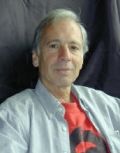
Ron Ridenour was born in the devil's own country, he rejected the American Dream and became a solidarity and revolutionary activist and writer nearly half-a-century ago. Ridenour has worked as a journalist-editor-author-translator for three decades. He worked for Cuba's Editorial José Martí and Prensa Latina for eight years, and has published five books about Cuba, as well as Yankee Sandinistas. Born to a WASP military career father, Ron sought the “American Dream” until he entered the Air Force, in 1956, to fight the “commies”.
Check out Ron's newest book: Tamil Nation in Sri Lanka
Here, Ronald witnessed approved segregated barracks on a U.S. military in Japan, and imposition of racism in Japanese establishments. This, and the fact that his group had orders to shoot down any Soviet aircraft over “their” territory in Japan—which never appeared—while the U.S. flew spy planes over the Soviet Union daily, led this writer to question American “morality”. The first time Ronald exercised his democratic right to demonstrate was in Los Angeles, where he protested with others the Yankee invasion of Cuba, at the Bay of Pigs. Cuba’s revolution, and his hate for racism, which led Ronald to become a radical, then a revolutionary.
 |
 |
Articles for March 27, 2013 | Articles for March 28, 2013 | Articles for March 29, 2013
Quick Links
DINING
Willamette UniversityGoudy Commons Cafe
Dine on the Queen
Willamette Queen Sternwheeler
MUST SEE SALEM
Oregon Capitol ToursCapitol History Gateway
Willamette River Ride
Willamette Queen Sternwheeler
Historic Home Tours:
Deepwood Museum
The Bush House
Gaiety Hollow Garden
AUCTIONS - APPRAISALS
Auction Masters & AppraisalsCONSTRUCTION SERVICES
Roofing and ContractingSheridan, Ore.
ONLINE SHOPPING
Special Occasion DressesAdvertise with Salem-News
Contact:AdSales@Salem-News.com

googlec507860f6901db00.html



Terms of Service | Privacy Policy
All comments and messages are approved by people and self promotional links or unacceptable comments are denied.
Anonymous March 29, 2013 9:40 am (Pacific time)
Ridenour is on record as a fantastic humantarian, some of us just never figure it out, others do.
Anonymous March 28, 2013 6:39 pm (Pacific time)
Hey Mr. Ridenour, this was an important piece to carry, I know about the Tamils from the reports here on Salem-News.com, few things are more important to concentrate on, thank you!
Anonymous March 28, 2013 1:51 pm (Pacific time)
Ron is a Marxist, and proud to be one. I hope I run into you some night in a place no one is around Ron, so we can chat.
Little troll, you know not what you claim. Ron is a Revolutionary, he lives several thousand miles away, and you will not be running into him, however I do have your IP and if any additional threats are made we will give it to the FBI, they don't like people who make idle threats toward others on the Internet.
[Return to Top]©2025 Salem-News.com. All opinions expressed in this article are those of the author and do not necessarily reflect those of Salem-News.com.